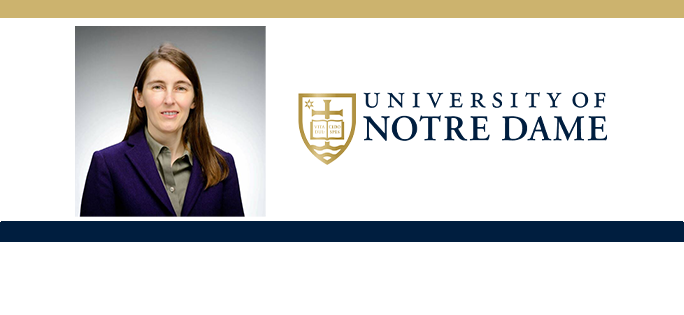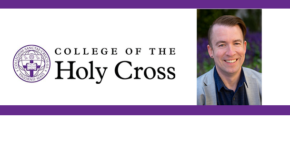Category: Film Studies
-

Amanda Kennell, University of Notre Dame – Understanding Who Godzilla Really Is
Godzilla is exciting on the big screen, but what’s the real meaning of the character? Amanda Kennell, assistant professor of East Asian languages and cultures at the University of Notre Dame, looks into the backstory. Amanda Kennell, Ph.D. researches Japanese media to help us understand the modern media environment, including in particular new technologies and…
-

Vito Adriaensens, New York University – Haxan and Witchcraft through the Ages
On New York University Week: Witches have been fodder for horror movies for decades, but what started this trend? Vito Adriaensens, assistant professor of experimental film and media at the Tisch School of the Arts, watched to find out. Vito Adriaensens is a Belgian filmmaker and scholar, and an Assistant Professor of Experimental Film and…
-

Scott Malia, College of the Holy Cross – What Makes Bad Movies So Good?
All bad movies are bad, but what makes some also so-bad-they’re-good? Scott Malia, associate professor and chair in the department of theatre & dance at the College of the Holy Cross, watches and reports back. Scott Malia is an Associate Professor of Theatre whose specialties include LGBTQ+ Theatre, Comedy, Television, Horror Films and Cult Films.…
-

Jennifer Bloomquist, Gettysburg College – Linguistic Minstrelsy in Children’s Animated Film
On Gettysburg College Week: Animated movies play an important role in the lives of children. Jennifer Bloomquist, professor of linguistics and Africana studies, determines explains why the representation of the characters on the screen matters. Jennifer Bloomquist is Associate Provost for Faculty Development & Dean of Social Sciences and Interdisciplinary Programs. Prior to her appointment…
-

Carolyn Fornoff, Cornell University – Greening Mexican Cinema
On Cornell University Week: Can cinema go green? Carolyn Fornoff, assistant professor of Latin American Studies, examines how. Carolyn Fornoff is assistant professor of Latin American studies at Cornell University. Her work examines how Mexican and Central American cultural production responds to environmental crisis. She is the co-editor of two volumes in the environmental humanities: Timescales:…
-

Anderson Hagler, Duke University – “Bad Indians” in Historical Archives and Modern Cinema
On this Student Spotlight: Biases persist against Native Americans on the big screen. Anderson Hagler, Ph.D candidate in History at Duke University, examines the history that leads to these biases still being prevalent today. Anderson Hagler is a Ph.D. candidate at Duke University. He examines how subaltern vassals have resisted state-led attempts to impose orthodoxy…
-

Vera Tobin, Case Western Reserve University – Plot Twists
No spoilers please! Vera Tobin, assistant professor of cognitive science at Case Western Reserve University, examines how being fooled by a story can lead to great joy. I’m an associate professor of Cognitive Science at Case Western Reserve University, where I investigate connections between cognition, language, and narrative, with a special interest in cognitive bias and…
-

Jennifer Gauthier, Randolph College – Indigenous Media
There’s plenty of media beyond what everyone else is watching. Jennifer Gauthier, professor of communication studies at Randolph College, suggests expanding your mind by swimming outside the mainstream. Dr. Jennifer Gauthier is professor of Communication Studies at Randolph College in Lynchburg, Virginia, where she teaches courses in rhetoric, media studies, and gender studies and coordinates…
-

Michael Grabowski, Manhattan College – Neuroscience and Horror Movies
Horror movies can be quite effective at scaring us. Michael Grabowski, associate professor of communication at Manhattan College, determines what makes them so successful. My background is in film, television and new media production, and my work on documentaries, short and feature films, commercials, music videos, and news has been seen at the Guggenheim, the…

